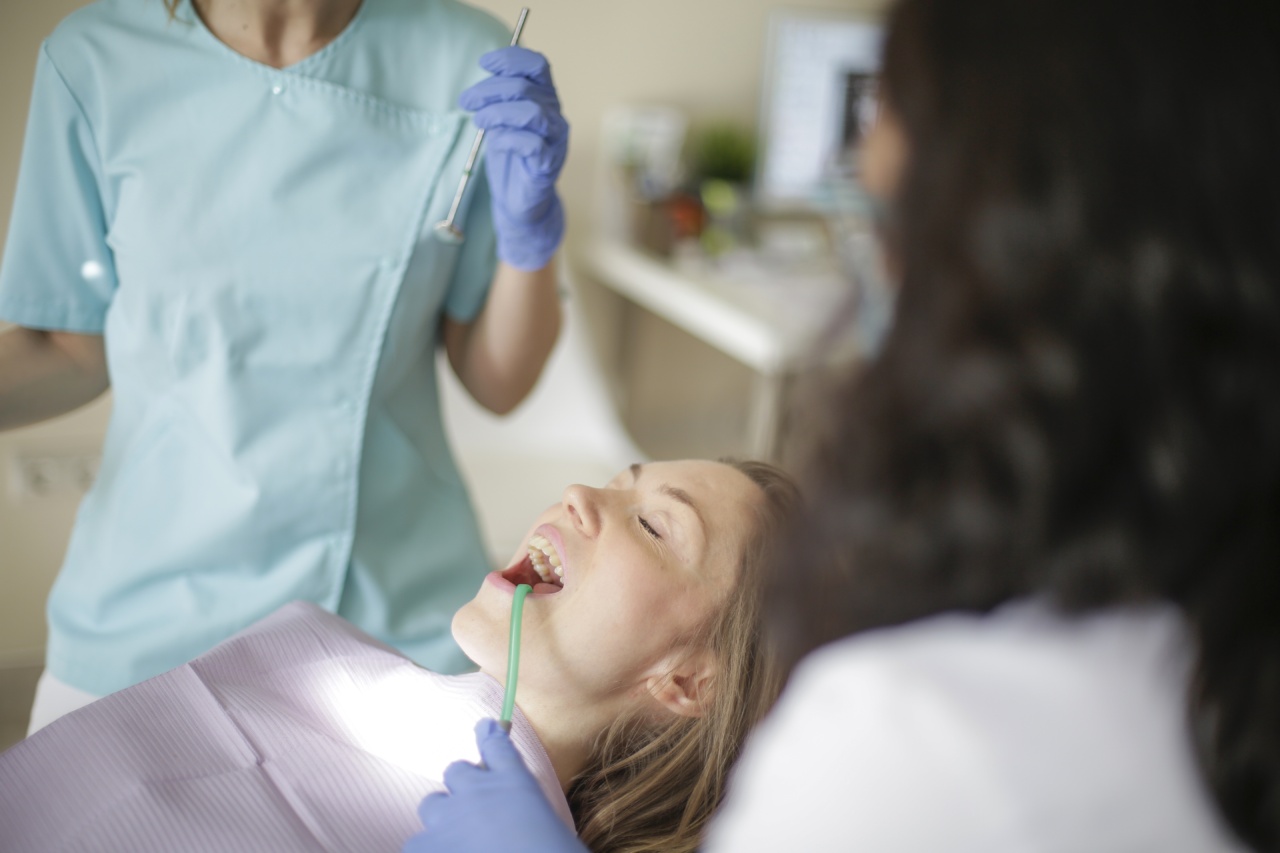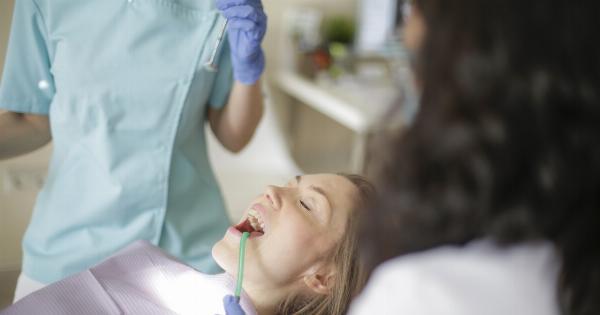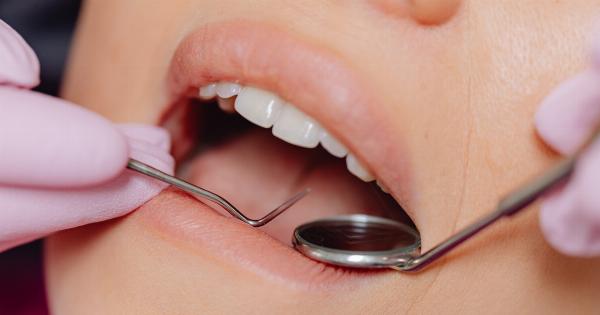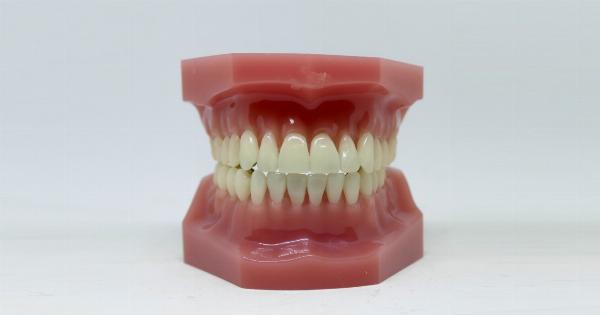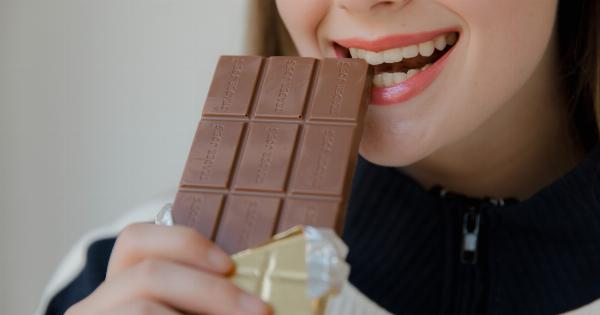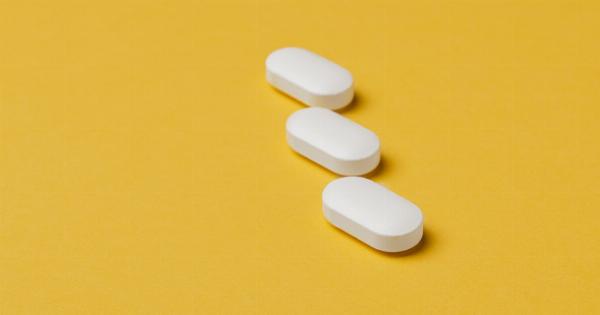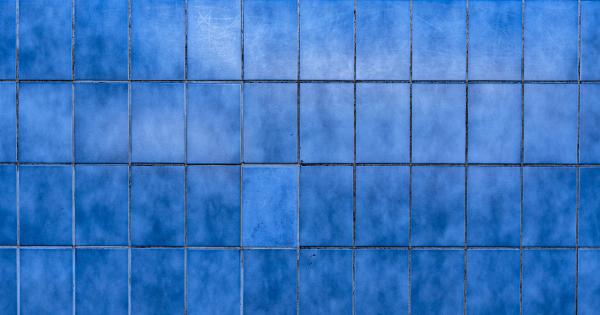Teeth whitening is a popular cosmetic dental procedure that helps make your teeth brighter and whiter. Many people are interested in whiter teeth, as it can improve their confidence and self-esteem.
However, there are some misconceptions and myths surrounding teeth whitening that need to be addressed.
Myth 1: Teeth Whitening Will Damage Your Teeth
Some people are worried that teeth whitening could damage their teeth. However, this is not true. Professional teeth whitening procedures are safe and will not harm your teeth.
During the process, a bleaching agent is applied to your teeth, which removes stains from the surface of your teeth.
Myth 2: Home Remedies are as Effective as Professional Teeth Whitening
Many people believe that home remedies are as effective as professional teeth whitening treatments. However, this is not true. Home remedies such as baking soda and lemon juice can actually damage your teeth and make them more prone to staining.
Professional teeth whitening treatments are much more effective and will give you long-lasting results.
Myth 3: Teeth Whitening is Expensive
While teeth whitening treatments can be costly, they are not necessarily expensive. There are many affordable teeth whitening options available, including at-home whitening kits and in-office treatments that will fit any budget.
Additionally, many dental insurance plans cover all or part of the cost of teeth whitening procedures.
Myth 4: Teeth Whitening is Painful
Some people believe that teeth whitening is a painful procedure. However, this is not true. While some people may experience minor sensitivity or discomfort during or after the treatment, this is usually temporary and will go away on its own.
Your dentist can also provide you with products to help minimize any discomfort.
Myth 5: Teeth Whitening is Permanent
Teeth whitening is not a permanent solution. The effects of teeth whitening can last up to a year or longer, but this will depend on your lifestyle and habits.
If you regularly consume staining foods and drinks such as coffee and wine, or if you smoke or use tobacco products, your results may not last as long.
Myth 6: Whitening Toothpaste Will Whiten Your Teeth
While whitening toothpaste can help remove surface stains from your teeth, it will not change the natural color of your teeth.
Whitening toothpaste contains mild abrasives that scrub away surface stains, but to get significant whitening results, you will need to use a professional teeth whitening treatment.
Myth 7: Teeth Whitening is Only for Young People
Anyone can benefit from teeth whitening, regardless of their age. As we get older, our teeth naturally become darker and can start to stain, making us look older.
Teeth whitening can help reverse these effects and restore your smile to its former brightness.
Myth 8: Teeth Whitening is Unsafe During Pregnancy
While there is limited information on the safety of teeth whitening during pregnancy, most dental professionals agree that it is safe to undergo teeth whitening treatments during pregnancy.
However, you should always consult with your doctor before undergoing any cosmetic dental procedure while pregnant.
Myth 9: Teeth Whitening Can Damage Your Crowns or Fillings
Teeth whitening will not damage your dental restorations such as crowns or fillings. However, it is important to note that these restorations will not change color during the whitening process.
If you have dental restorations that are visible when you smile and are concerned about them standing out after teeth whitening, you should talk to your dentist about possible options.
Myth 10: You Can Whiten Your Teeth Using Bleach
While you may hear about people trying to whiten their teeth using bleach, this is not a safe or effective method. Bleach is a harmful chemical and can damage your teeth and gums.
Additionally, bleach will not give you the same results as a professional teeth whitening treatment.
